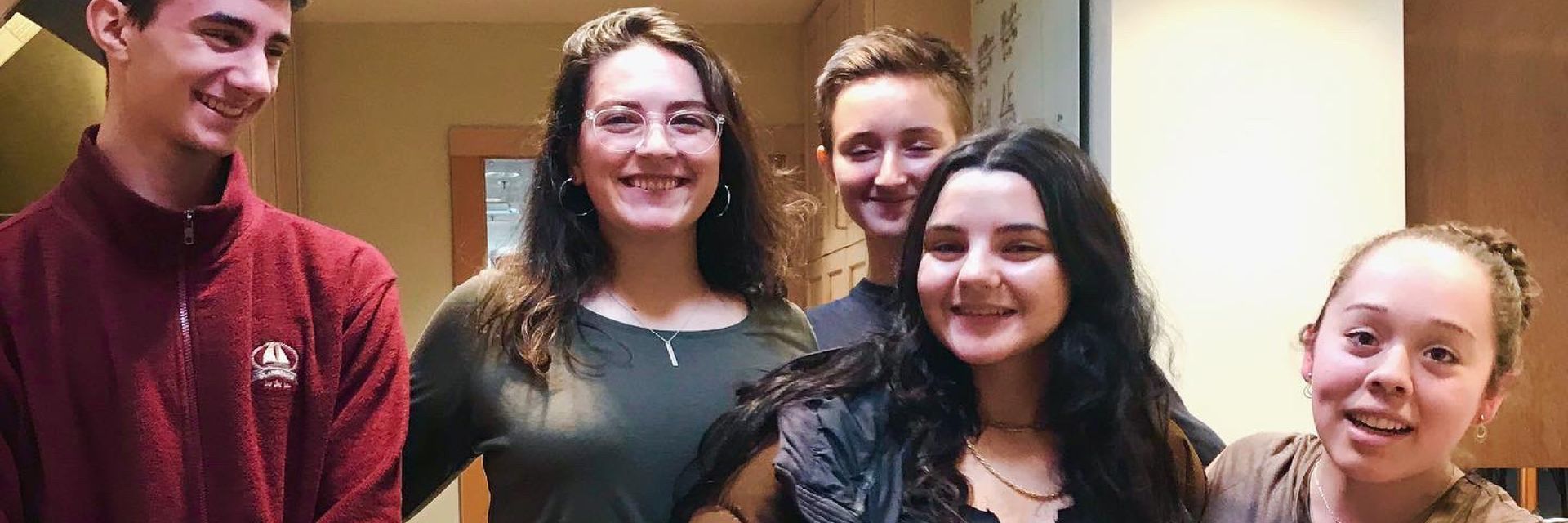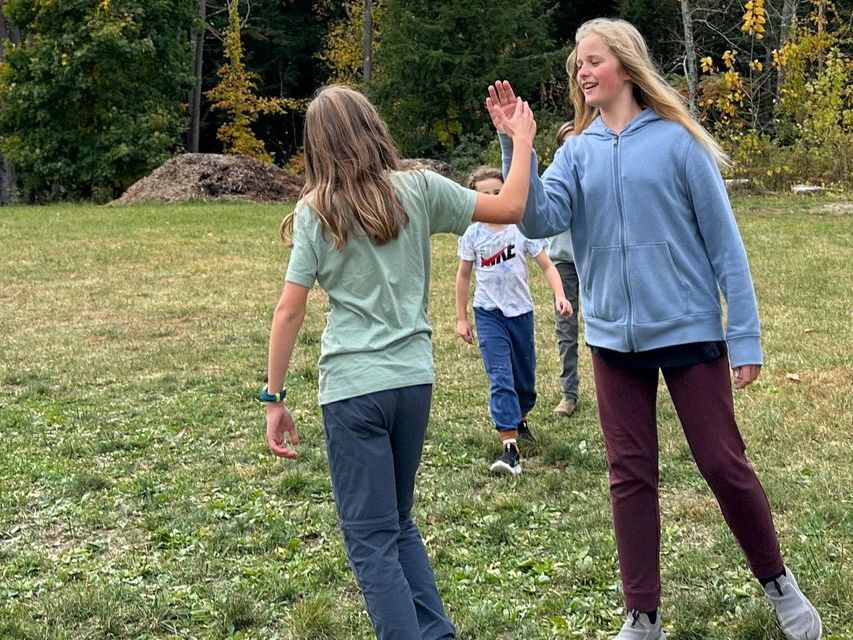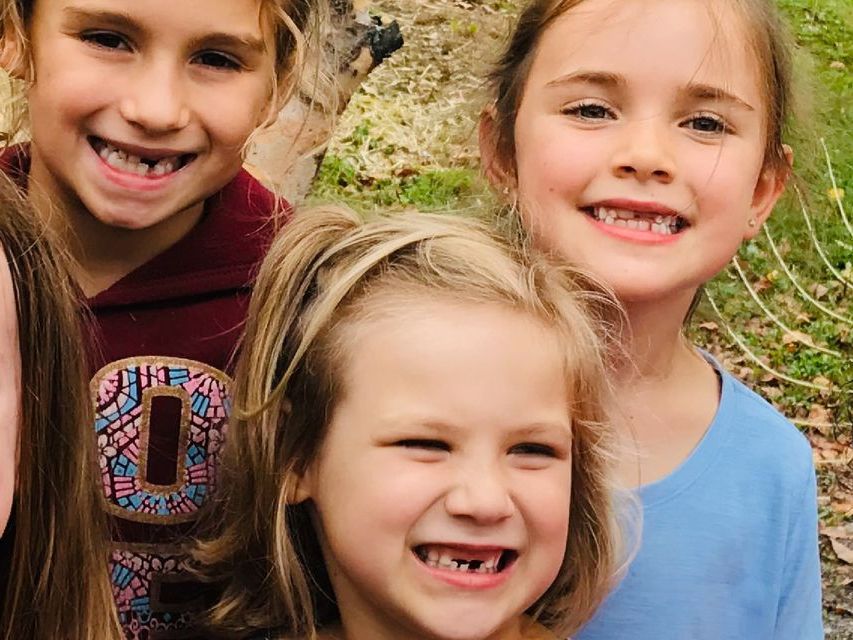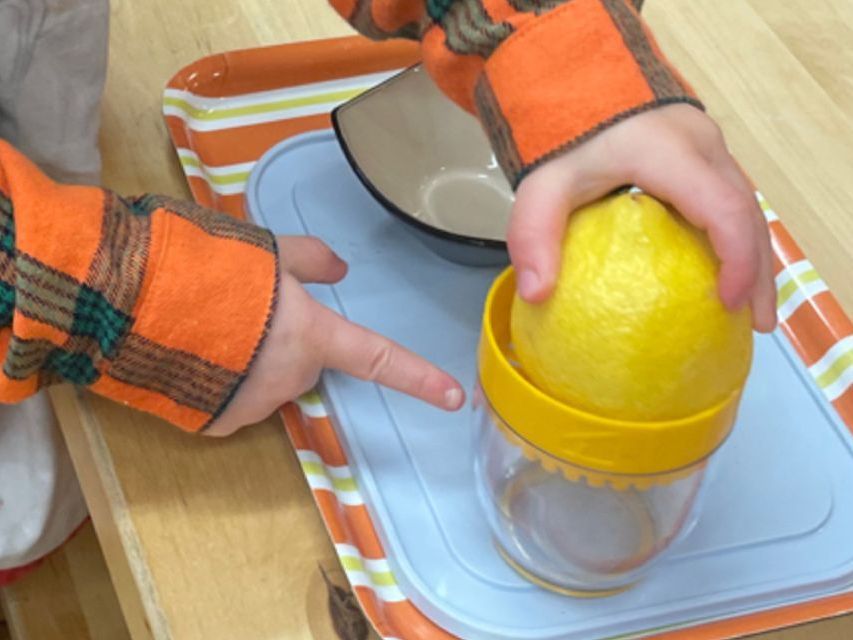Why Do Our Children Do What They Do?
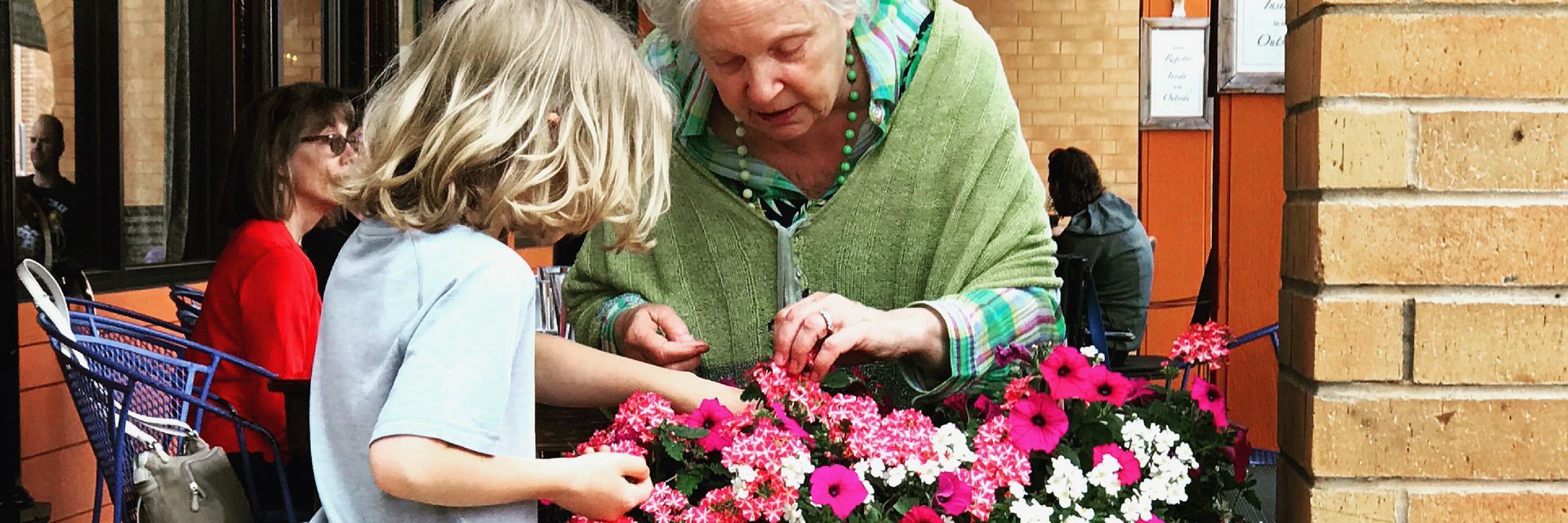
The scene may feel familiar. We sit down for a family dinner. Our youngest starts tapping their spoon against a bowl, fascinated by the sound it makes. Our middle child begins asking a series of questions: “What does it mean to get an education? Why do people go to school? Why was Malala shot? Why are there wars?” The oldest starts getting frustrated with the other two, wanting them to follow directions and have their dinner places in order.
In that chaotic moment before dinner, it’s easy for exasperation to take over. As adults, we might sometimes wonder what in the world propels our children. Really, what are they thinking when they try making holes by poking the table with a fork?
Innate Human Tendencies
We are born with innate human characteristics. We are hard-wired to explore, work, connect, and communicate. We crave order in our surroundings. We imagine possibilities. We create. We need to orient to what is around us, move our bodies, and wonder about the how and why. These human tendencies are unconscious, universal drives and they are at play from birth.
Thus, the newborn has familiar landmarks when hearing their mother’s heartbeat. If allowed to be on the floor, the infant will rotate their body and move in amazing ways. This drive to move propels babies into scooting, crawling, and eventually coming to that upright position that allows them to use their hands and explore the environment.
We recognize these needs in our infants, yet that vital life force is powerful for older children, too. When our child is exploring the noise of the spoon against the bowl, they aren’t trying to aggravate us. They are just exploring cause and effect, and delighting in the auditory result.
Awareness of Internal Drives
When we take time to remember that children are compelled by basic human tendencies, we can begin to explore those tendencies and, as such, help our children become their best selves.
Our home and learning environments can provide children with a sense of order. Knowing where one’s things go and how to help contribute to a task provides children with a sense of security and belonging. Just think about the feeling of uncertainty you can get when you visit someone’s home and don’t know whether to take off your shoes, where to hang your coat, or even how to be useful. By making sure our children feel welcome and purposeful and providing consistent routines, we help children develop an orientation to the world around them.
We can prepare our children for routines and offer accessible spaces that allow them to participate in the functioning of the day. They can help set the table, feed the cats, gather the laundry, prepare their lunches, and so much more. By participating in a meaningful way, they feel significant and ultimately more confident.
Our children’s constant questioning merely comes from a need for intellectual exploration. These big questions speak to their newfound mental ability to ponder expansive ideas about the world. As our children venture into new territory, either physically or intellectually, they benefit from opportunities to test their ideas and make connections to what they already know.
As social beings, we have to learn ways to collaborate effectively. The earliest humans had to cooperate to survive. An older child trying to force cooperation may just need some light support to find a way to communicate and connect with younger peers or siblings, rather than lapsing into exasperation.
Supporting Development
Human tendencies are unconscious, universal drives that support our adaptation to our particular time and place. We are hard-wired to adapt to our environment! The human tendencies – to orient, explore, order, abstract, imagine, calculate, work, be exact, perfect oneself, and communicate and associate with others – help aid this adaptation and really our ability to become our best selves.
In Montessori, our classrooms and curriculum are designed with these human tendencies in mind, with particular attention to how these innate drives manifest themselves at different stages of development.
We work to recognize, honor, and support innate characteristics in children so that we aren’t obstructing their important development. When supported in this way, our children can reach new heights.
Come visit our school to learn more!
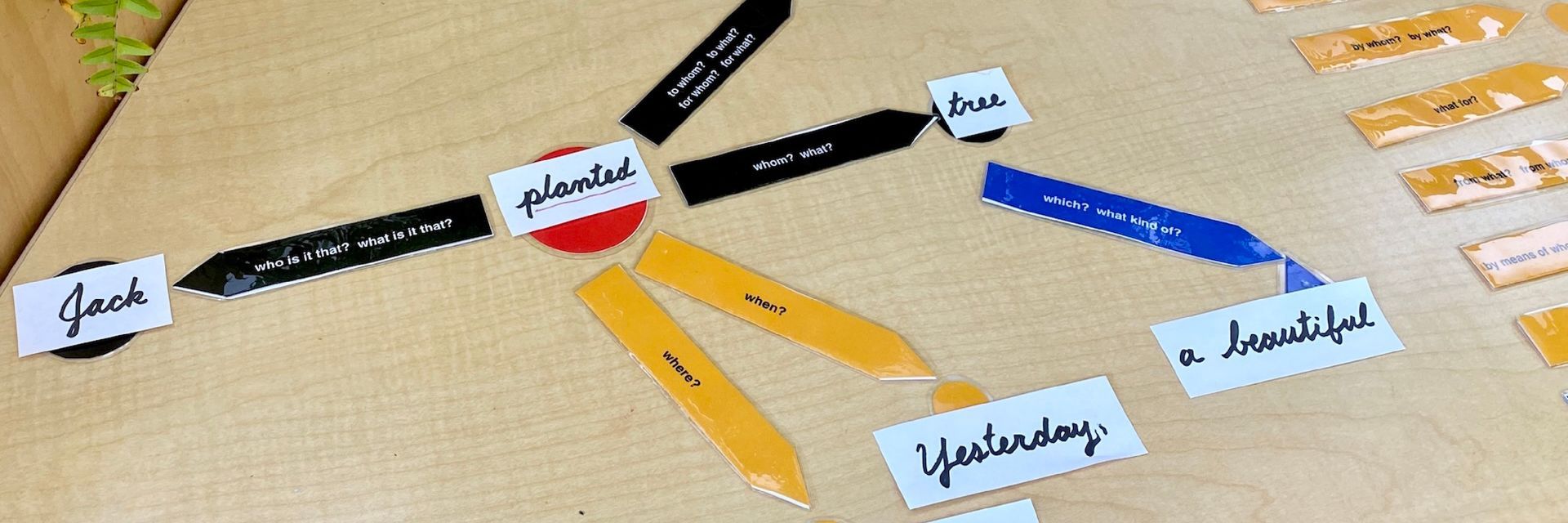
Contact Us
© 2024 The Montessori School of the Berkshires
PO Box 422, 21 Patterson Road, Lenox Dale, MA 01242





